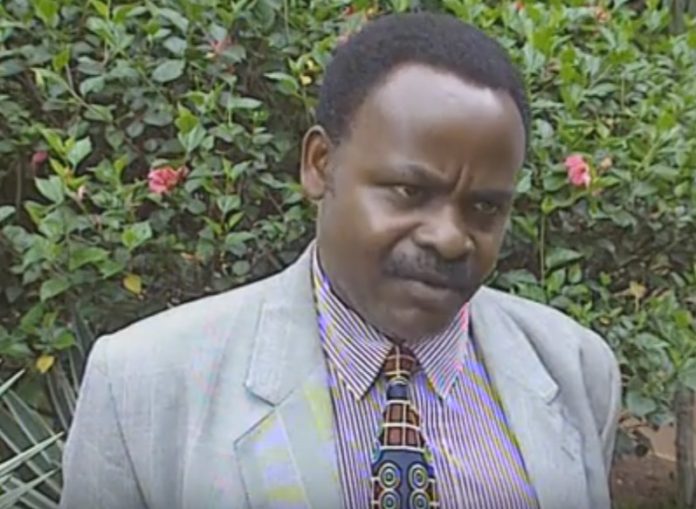In a recent statement issued on 15 March 2024, from Brussels, the Seth Sendashonga Institute for Democratic Citizenship (ISCID asbl) voiced its concerns over the continued suppression of democratic aspirations in Rwanda. The institute highlighted a series of events and practices that, in its view, significantly undermine the prospects for genuine political change in the country.
On 13 March 2024, a significant setback for democracy advocates occurred when the Kigali High Court dismissed Ms. Victoire Ingabire’s application to lift her electoral ban. This decision effectively barred her from participating in any political elections, including the upcoming general elections scheduled for July 2024, where the presidency and other key positions will be contested. This ruling came in the wake of the ruling party, the Rwandan Patriotic Front (RPF), affirming President Paul Kagame’s intention to seek a fourth term on 9 March 2024.
The institute’s statement critically reflects on the three-decade-long tenure of Major General Paul Kagame’s administration, describing it as a dictatorship marked by murder, terror, and persecution. It condemns the government’s role in regional conflicts, particularly in the Democratic Republic of Congo, which has led to significant loss of life and instability.
Highlighting the story of Ms. Victoire Ingabire Umuhoza, who returned to Rwanda in 2010 from the Netherlands with hopes of registering her political party and championing peaceful change, the institute outlines the obstacles she faced. Despite receiving what was termed a “presidential pardon” after eight years of imprisonment, she remains restricted within the country, with her political party, Dalfa Umulinzi, unable to operate freely.
The institute asserts that the recent court ruling against Ingabire is indicative of the Kagame regime’s broader disinterest in allowing the Rwandan people to freely choose their leaders. It criticizes Kagame’s suggestions of a future leader being within a specific age bracket, which could potentially include his own offspring, as a thinly veiled attempt to maintain his family’s grip on power.
Furthermore, the ISCID stresses the need for Rwanda to be governed by individuals capable of leadership, chosen through free and fair elections, and not limited to a single family or dynasty. It emphasizes the importance of adherence to constitutional term limits for the presidency as a cornerstone for lasting peace and genuine democracy in Rwanda.
In closing, the statement extends gratitude to the international community for its support in Rwanda’s post-1994 recovery but cautions against the continuation of support for Kagame’s regime. It argues that such support only perpetuates the suffering of the Rwandan people by enabling the government’s repressive tactics.
The Seth Sendashonga Institute for Democratic Citizenship thus calls upon Rwandans and the international community alike to reevaluate their support and to push for meaningful democratic reforms in Rwanda, ensuring a future where freedom, justice, and peace prevail for all Rwandans.































































